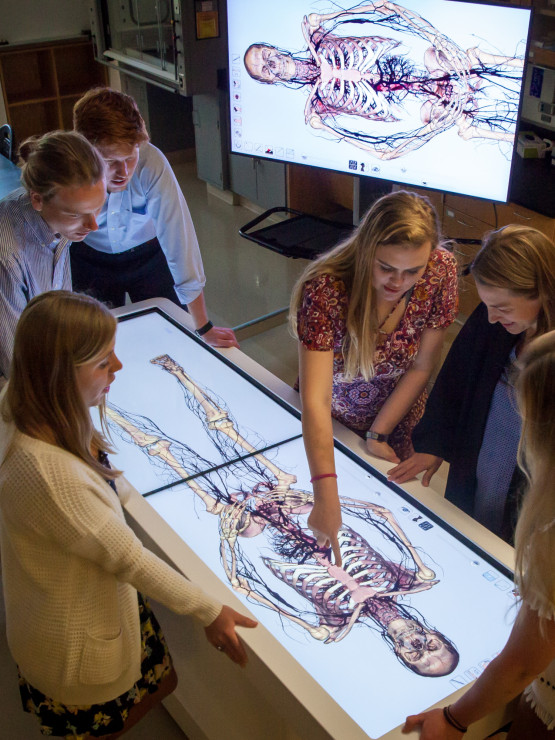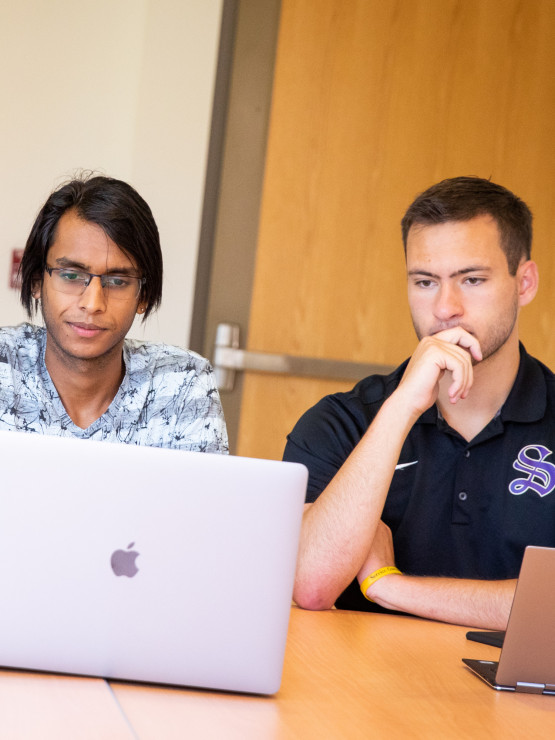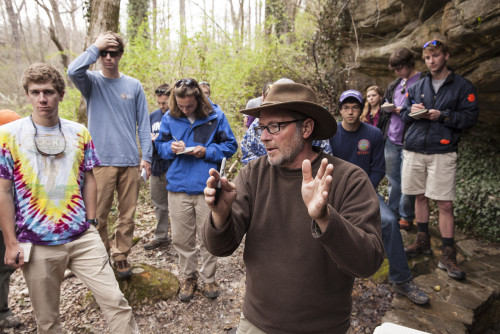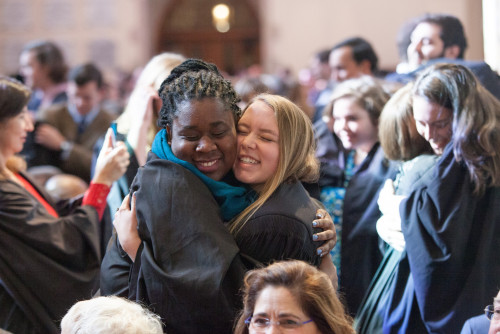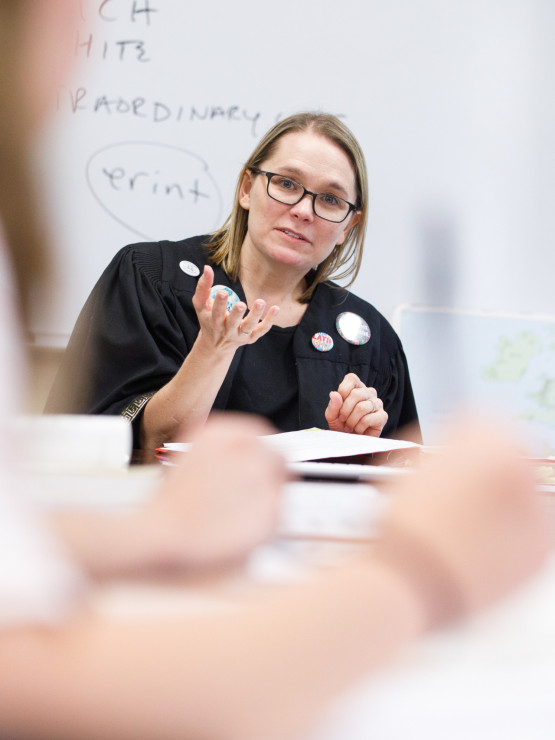
Develop & Implement a First-Year Experience for All Students
First-year programming has long been recognized by the American Association of Colleges and Universities as one of the most consequential high-impact practices that colleges can adopt in their efforts to attract and retain students. The College will expand its existing first-year program to include all new students and incorporate new curricular and co-curricular elements related to civil discourse, belonging, and well-being.
